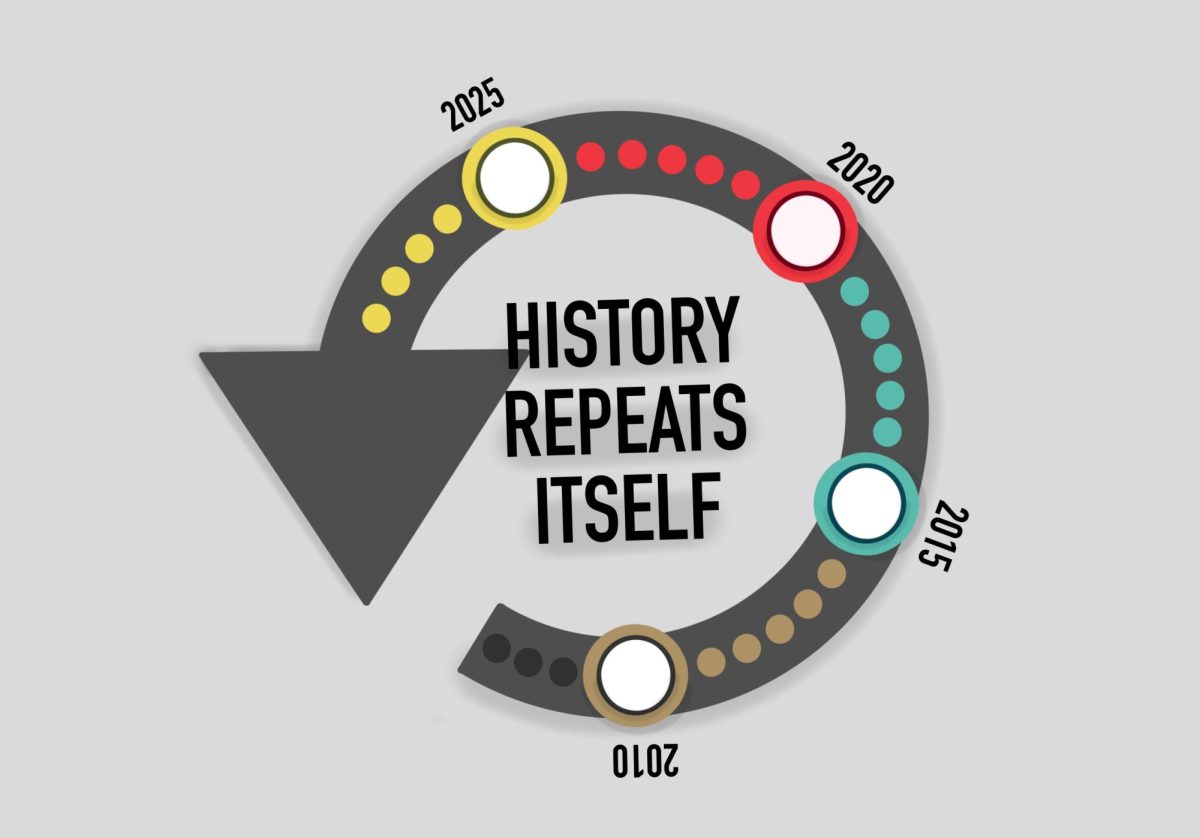Many people cringe upon hearing the word “email.” It often represents the worst parts of bureaucracy — cold, formal, painfully orderly and inevitably passive-aggressive.
This stereotype is misguided. Email is benevolent and meant to help you.
Everyone in college has met at least one person simply incapable of communicating. Perhaps someone in a group project never replies to outreach attempts, takes days to read messages or never receives announcements the professor sends through email. Leaving more than 1,000 unread messages in your inbox is normalized.
Like it or not, email is involved in every aspect of the professional world — studying and researching as a student, applying and interviewing for jobs and working within your career. As soon as you become comfortable with email, all communication becomes far easier.
Unfortunately, becoming comfortable with email takes years for many people who were never taught its importance. Others intentionally shy away from email because of its negative connotations.
Email skills and the importance of clear communication should be taught to students in high school so they enter college and their careers with the basic tools necessary to succeed.
Struggling with email is understandable. Meagan Baker, a College of Liberal Arts career coach at the University of Minnesota, said the rigid structure of email can make it daunting to students.
“There are unspoken rules that dictate how you should use the system,” Baker said. “It’s really important to learn those on your own so you don’t accidentally convey information that you didn’t mean.”
According to Baker, learning proper email etiquette and norms can be nerve-wracking because it is difficult to tell when you break them. Some people may refrain or procrastinate sending emails because it is intimidating.
“Using the norms might feel a little weird at first,” Baker said. “They feel kind of clunky, but they have a purpose behind them.”
Adam Schrag, a professor of management communication at the University, said students’ emails often come off as awkward if they are uncertain of the proper norms. Some students’ emails are too casual and impersonal, while others are too formal and cold.
Students’ widespread discomfort with email stems from one overarching problem — most people are never taught enough to perfect their email skills.
“It’s not something we’re often taught in classes, high school or college,” Baker said. “It’s something you are assumed to have the knowledge of already.”
Why are students rarely given instruction on such a vital life skill?
“We spend our entire school years, elementary through high school, focusing heavily on reading and writing, the core aspects of education,” Schrag said. “But there’s two things, learning how to craft slides versus learning how to email. These skills aren’t necessarily taught.”
Schrag said the focus on formal and literary writing in high school may make it harder for students to find the right tone for emails.
“I’ve noticed that, in high school, we get very calibrated toward trying to sound extra fancy or official, and it distances us from sounding conversational,” Schrag said.
High school students spend years learning skills like calculus, algebra and the meaning of literary symbols that few will ever use in their personal lives. Surely a week or two of instruction could be dedicated to learning the near-universal email and communication skills of our modern world.
Teaching students to memorize the proper format of a formal email is not enough, however. Like all communication, email is an art of matching the other person’s tone on a case-by-case basis that can only be perfected through practice, according to Baker.
In an ideal world, high school students would get a brief unit on email to learn both how it works and practice reaching out and replying in different scenarios. Email is not just about writing clearly; learning how to be timely and proactive is equally important.
“Being able to make sure you’re conveying information in a timely manner is helpful for the other person because you are showing you care about their schedule,” Baker said.
Schrag said strong email skills are crucial in most careers.
“Being a responsible emailer, even though it sounds like a boring or unimportant thing, matters tremendously towards your reputation and success, especially in a traditional office setting,” Schrag said.
Email is equally important in college, which can be a good opportunity to practice emailing before moving into the professional world.
“Universities are very well known for loving to use our emailing system to communicate information,” Baker said. “Likely, you will need to reach out to instructors, professors and staff members.”
According to Baker, email is important when applying to jobs and interviews, too.
“Job applications are about building relationships with people to show you would not only be a great candidate, but you are a good person to work with,” Baker said. “Getting the right messages in your emails shows the passion and excitement that is really helpful when you’re applying for jobs.”
Ya-Chi Huang, a graduate student, said navigating the modern world without email would be a challenge. For people less comfortable with social skills, it may actually be easier than making phone calls or talking face-to-face.
“Email is an easier way of communication,” Huang said. “For someone who is more introverted, email is a very friendly way.”
Communication skills like email are valuable in every career path and walk of life. We should stop shying away from email and start building communication skills into high school curriculums so young people are ready to succeed.
Now stop wasting time and go check your inbox.














